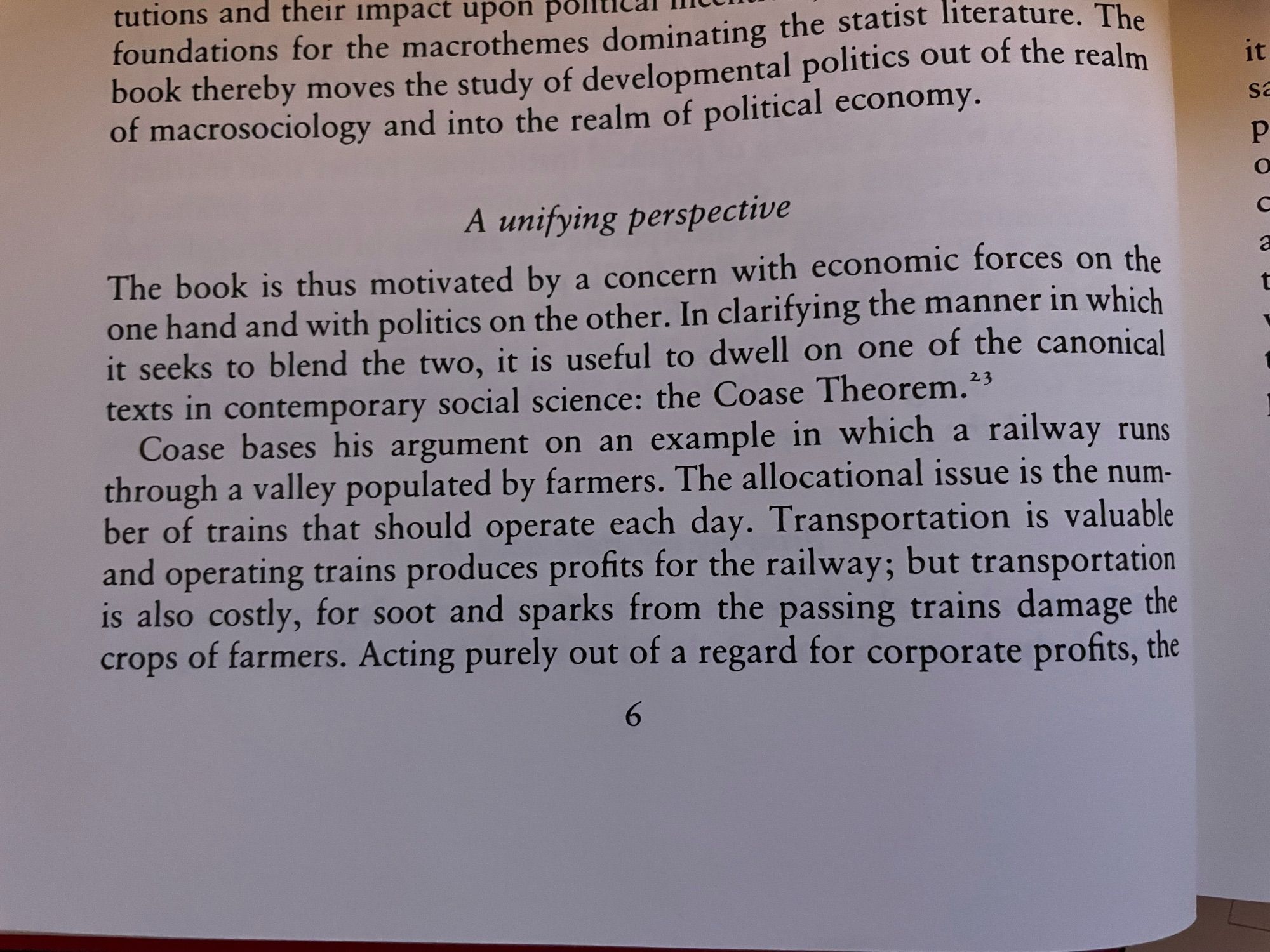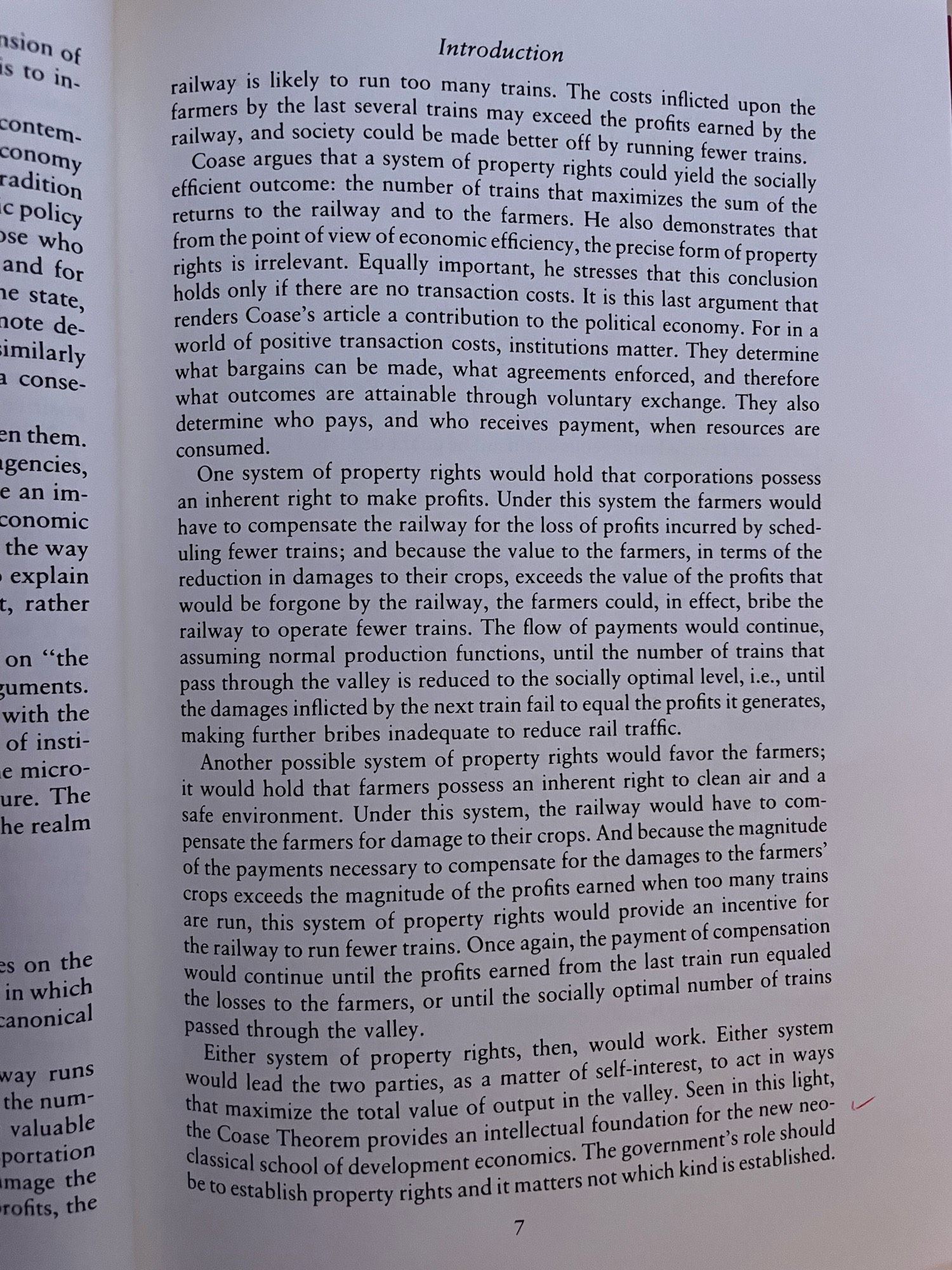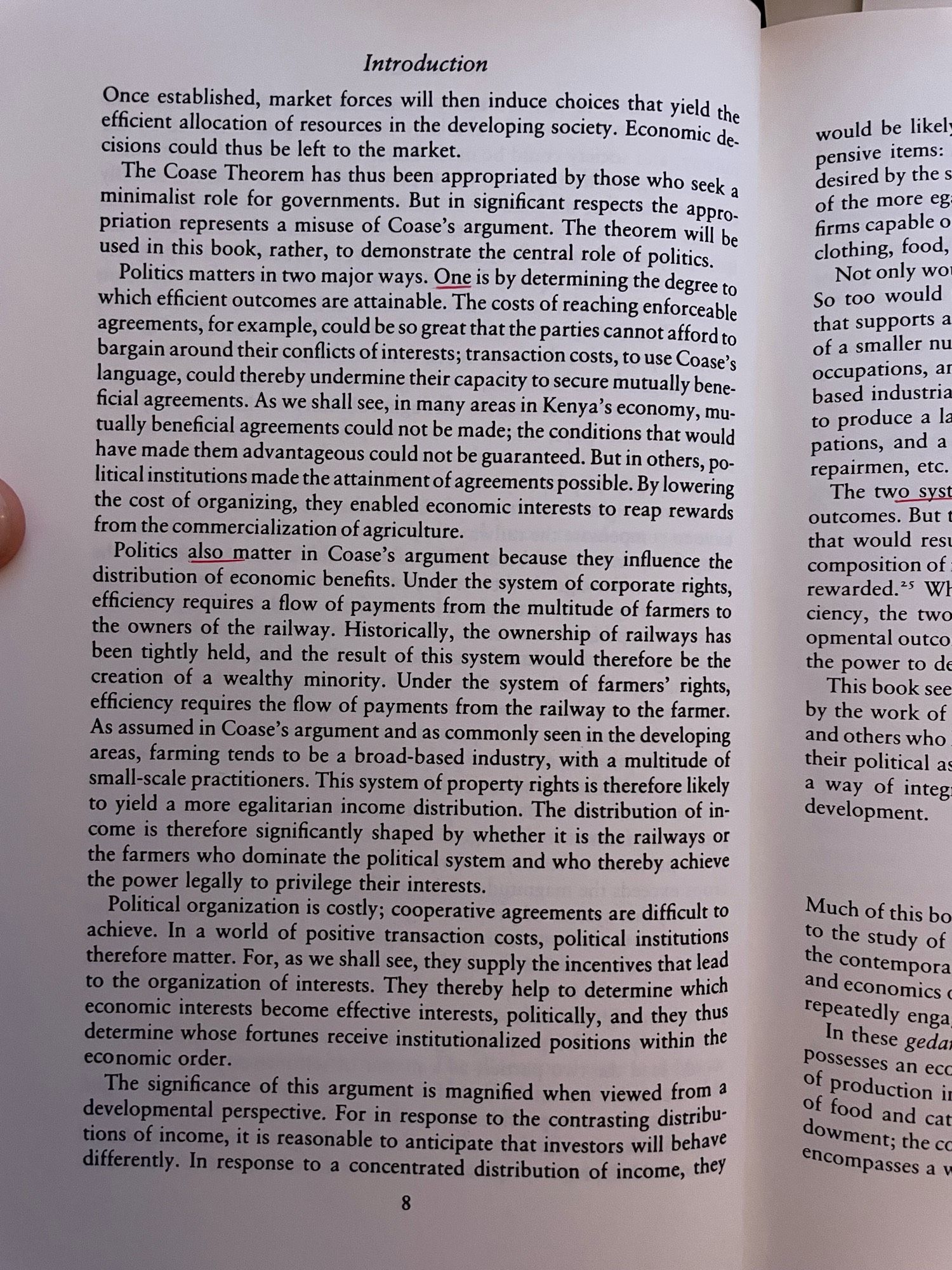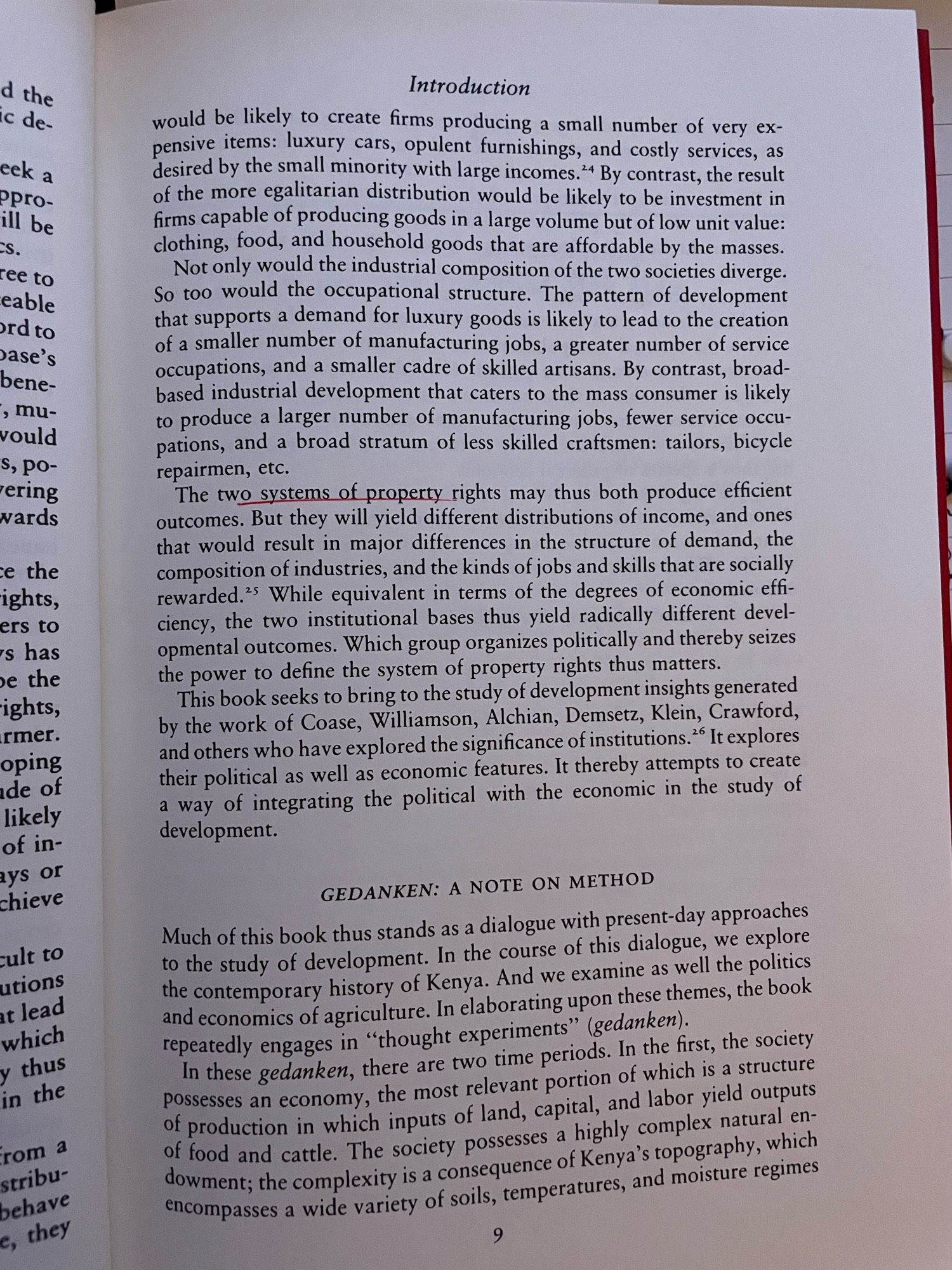This distinction is key: The modern conservative movement was founded in opposition to egalitarian pluralism - something conservatives derided as “relativism” and an assault on the “natural” order. The question has always been: If society moved away from their vision, would they embrace extremism?
But yeah, if we make it and do go back to being an egalitarian world I believe we'll acknowledge the existence of spirits again. Both because spirits ultimately exist in some subjective realities but because we will interpret what we call hallucinations differently in the future.
I term the political and economic system of egalitarian hunting and gathering bands "egalitarianism". I term the revival of this political and economic system neo-egalitarianism.
I can't wait 🥰 Today's the day I likely finish historical pluralism and can finally move on to establishing the Egalitarian Society and start working on energy and the Free People again.
Cheney’s “traditionalist” vision is incompatible with egalitarian, multiracial pluralism. But there is *some* line she’s not willing to cross to impose it on the country. That matters. A devastating indictment of today’s Right that this actually distinguishes her. Wrote about this here:
Neurodivergent as Malvolio: ‘angry’ politics, and comprehensive education is moving towards egalitarian lives and economics.
I do wonder though whether NYT hasn't pretty much always been like this. For damn sure much of journalism was, for a while, more egalitarian. But the Ol' Grey Lady? I bet you could go back 80 years and find the equivalent of taking your picky child to Paris to learn to eat eggs there too.
I'd argue Kamala is not our savior and is on the enemy side and a part of the problem. The true savior needs to be us to where we save ourselves and establish a radically egalitarian world.
I agree but he'd be against the kind of revolution we need. He's not at all egalitarian and libertarian enough and is anti-woke, an islamophobe, etc.



